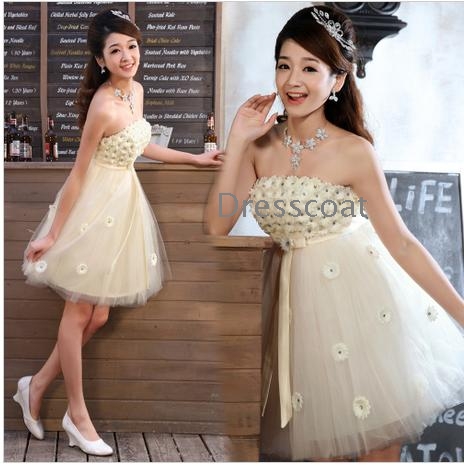Asian women of all ages face a plethora of stereotypes, from the innocent geek to the ABG. These stereotypes often bring about their fetishization and objectification by non-Asian men.
Christine https://brides-blooms.com/japanese-bride-prices/ Liwag Dixon terrifying that people might only pay attention to the the latest hate crimes against Asians for a couple of days and then lose interest. Yet she and her many other activists are established to change that.

1 . Chinese concept of love
Although the economic reforms that converted China right into a global model of market capitalism over the last 30 years have drastically altered many aspects of Chinese society, the concept of love remains essentially Confucian. In past times, couples rarely expressed passion in public places and many committed women are not breadwinners.
However , with all the growing impact of Western way of life on Chinese society, various young people are producing more Western-style creative ideas about love and romantic movie. Additionally, in recent years, the amount of couples showing affection in public has increased.
Unlike Westerners, who also often share their emotions verbally, Offshore usually want to communicate their thoughts in non-verbal ways. They believe that spoken expressions of affection can be aggravating if the other person does not reply positively. Consequently , they are often more cautious in expressing their like and may conceal it lurking behind the act of modesty. In addition , that they are scared that if they do not stick to the strict rituals of love, they may be ostracized by society.
2 . Far east concept of marital life
The Chinese language concept of relationship is a complex and nuanced one. Yet the approach it is depicted in media channels can be hazardous. For example , some people stereotype Cookware women simply because hypersexual and submissive — tropes that can experience real-life outcomes. In addition , racial profiling and erotic stereotyping can easily contribute to harassment of Hard anodized cookware women on the street. This can have an adverse impact on their very own self-esteem and dating potentials.
The problem with this kind of racial stereotyping is that that leads to the dehumanization of people and areas, which in the long run leads to violence against them. It also restrictions their prospects for success and growth.
The Chinese government can be trying to change these stereotypes. But they have a challenging road ahead of these. They need to give attention to mentoring and network, which can help young ladies and women in the neighborhood overcome these harmful stereotypes. Moreover, they need to give attention to educating youngsters on sexuality equality.
3. Oriental concept of motherhood
Motherhood can be described as major topic in Chinese women’s lives and it is a hotly debated issue in old and new advertising. Motherhood studies in China have been influenced by feminism, and research in mothers and motherhood targets on the critique of the perfect-motherhood discourse and also the analysis of motherhood-related problems in urban middle-class families.

This kind of paper uses narrative query to explore the self-perceptions of three contemporary Far east immigrant mothers regarding their particular transformative experience of migration and being a mother. These mothers’ narratives verify and department the control cultural story of parenthood in contemporary China and also the stereotypical notion of the Chinese «Tiger Mom» in the us, yet they also present how these roles are renegotiated within a transnational interpersonal field. The analysis also evaluates the impact of perceived stigma on Chinese single mothers’ information management and support seeking actions. It shows that large-scale communication campaigns must be launched to be able to the taboo against speaking about solo motherhood as a way to encourage ladies to seek facts and help.
4. Offshore concept of companionship
Traditionally, the Chinese concept of friendship has been identified by common esteem and trust. Those who have become good friends will treat each other just like family and can help one another when it is necessary. However , there are several negative stereotypes surrounding this relationship that can be harmful for the purpose of both equally Asians and non-Asians equally.
Just for model, a popular stereotype is that Asians are unemotional or duplicitous and could not express their feelings, which can lead to the misdiagnosis of mental health disorders. The stereotypes likewise contribute to an absence of empathy and may make it difficult intended for Asians to get professional help.
In addition , Click Through to This Article the stereotypes that show Asian females as spectacular «Geisha girls» or obedient, compliant, acquiescent, subservient, docile, meek, dutiful, tractable «docile» ladies can lead to hypersexualization and objectification. This can experience dangerous ramifications, especially in real life where it is linked to sexual violence against Asian women of all ages. To be able to combat these kinds of harmful stereotypes, the Asian Women’s Network is targeted on providing mentorship, social networking, and social support for growing Asian girl leaders.